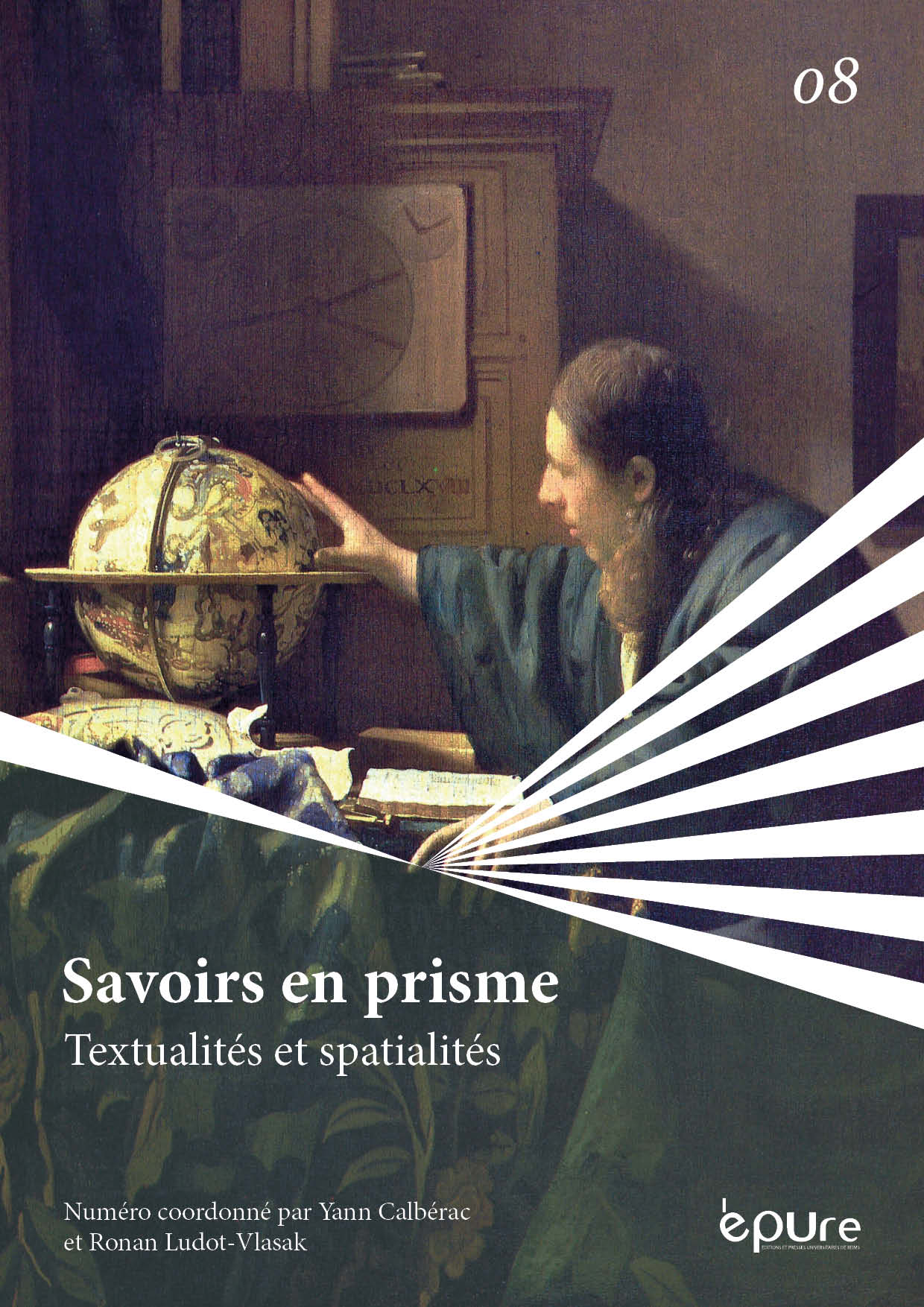Pour une chôralogie de l’invention poétique
Abstract
This essay argues that Plato’s reflection on the nature of material becoming constitutes an important origin of the Western notion of poetic invention. In the Timaeus, Plato develops the enigmatic concept of chora, a Greek word (χώρα) containing, variously, the meanings land, country, terrain, landscape, and farmland, as well as matrix, mother, and nurse, but most often translated by philosophical tradition as place or space. Plato employs chora to signify what he calls the « receptacle of becoming », the phenomenon through which the intelligible realm of the Idea is given perceptible form in the world of matter, the location-less location where the paradigm becomes world. Because, however, it has no being of its own and belongs to neither the intelligible nor the sensory, chora is counterintuitive. It is situated outside of logic and reason, between the idea and its material shape. It therefore requires, in Plato’s telling, a language of poetry and myth to account for its creative force: chora is poetic to the extent that it, like poetry, gives expression to the inexpressible. The Timaeus allows us to rethink the relations between text and space in a way that, though perhaps surprising, is faithful to the Platonic concept of chora: instead of imitating or reproducing each other, poetic writing and the material world become together through a tertiary principle – Plato calls chora “a third kind” – that gives conceptual shape to both physical and abstract phenomena.
Copyright (c) 2020 Savoirs en prisme

This work is licensed under a Creative Commons Attribution-NonCommercial-ShareAlike 4.0 International License.


